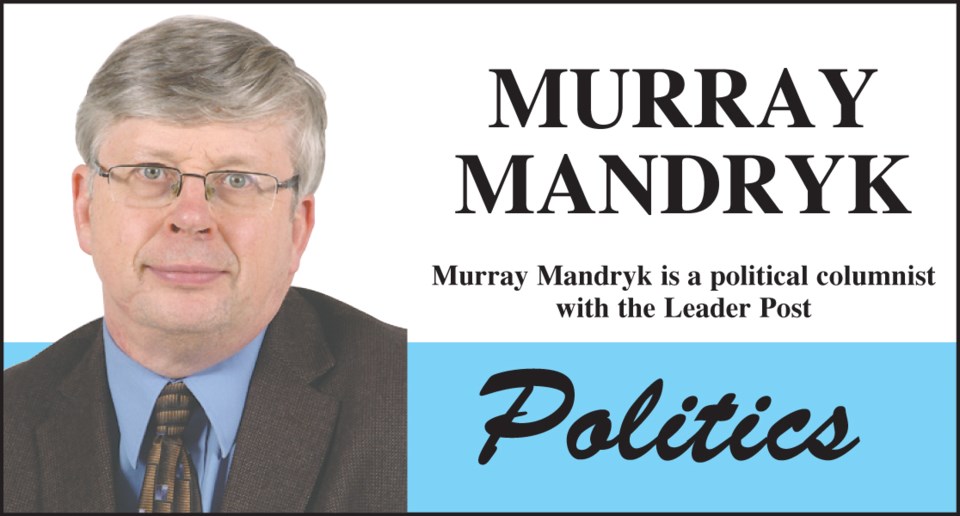The Supreme Court of Canada will hear Saskatchewan’s appeal of the carbon tax on Dec. 5 … or it might not.
There is a federal election on October 21 and — should Opposition leader Andrew Scheer’s Conservatives defeat Prime Minister Justin Trudeau’s Liberals — the first order of business will be repeal of the carbon pricing act.
That would make any Supreme Court ruling specific on this specific tax (that took the form of an additional four cents a litre as of April) rather moot. And it is within the jurisdiction of the court to decide not to rule on a law, if it is repealed at the time.
That said, Saskatchewan Justice Minister Don Morgan has said the Saskatchewan Party is interested in pursuing its appeal anyway to get a crystal clear understanding of federal taxation authority.
The Saskatchewan government’s SCC appeal comes in response to the 3-2 split decision by the Saskatchewan Court of Appeal upholding the Greenhouse Gas Pollution Pricing Act.
“I think it’s worthwhile to carry on with the court application in any event, and just get some better clarity,” Morgan told reporters last week, explaining why this province’s appeal will go forward regardless of the federal election result.
“I don’t think it matters which government is in office in Saskatchewan or in Ottawa.”
Removing any ambiguity related to federal taxation on this matter may even carry over to other matters of questionable federal jurisdiction like healthcare and pharmacare, Morgan said.
But the Justice Minister said the issue in hand remains the uneven application of taxation authority on this province and Ontario, New Brunswick, (and likely soon on Alberta, now that its new government under Jason Kenney said it will no longer comply with the act).
“It’s punitive treatment of some of the provinces, so we think it’s worthwhile to get some clarity as to their right to levy a disproportionate tax or a punitive tax,” Morgan said.
One gets the Sask. Party government need to do and are right to do what it feels it must to oppose the federal tax on carbon that started at $20 a tonne this year and is scheduled to increase to $50 a tonne by 2020.
Even if that means taxpayers here paying the lawyers’ bills for not only the Supreme Court challenge but also to intervene in the Ontario’s Court of Appeal case and others in the county, it can be argued that it’s well worth the costs.
Keeping the fuel costs close to something reasonable is a laudable goal for any government. (This is something that even the federal Liberal government could seem to acknowledge, given its eagerness to dole out $600 or so in annual income tax rebates to families.)
And maybe this will cool down the unfortunate and irrational national unity tensions we are seeing.
There is no question that the overwhelming sentiment right now is Trudeau and his carbon tax must go.
This alienation is now often expressed in the 1980s language of Western separation, although the discussion doesn’t seem to every be taken to its logical conclusions. How would being a separate, landlocked country make it easier to move oil and other commodities to port? How would it make dealing with the U.S. or other customers any easier? How would we be in a healthier economic situation, given the costs of setting of administration and defence costs of a separate nation … not to mention the share of existing Canadian debt we would likely have to take with us?
So perhaps it is better to, as Morgan is proposing, allow all this to play out in the election and the federal courts.
We do need a resolution to this matter.
Murray Mandryk has been covering provincial politics for over 22 years.




